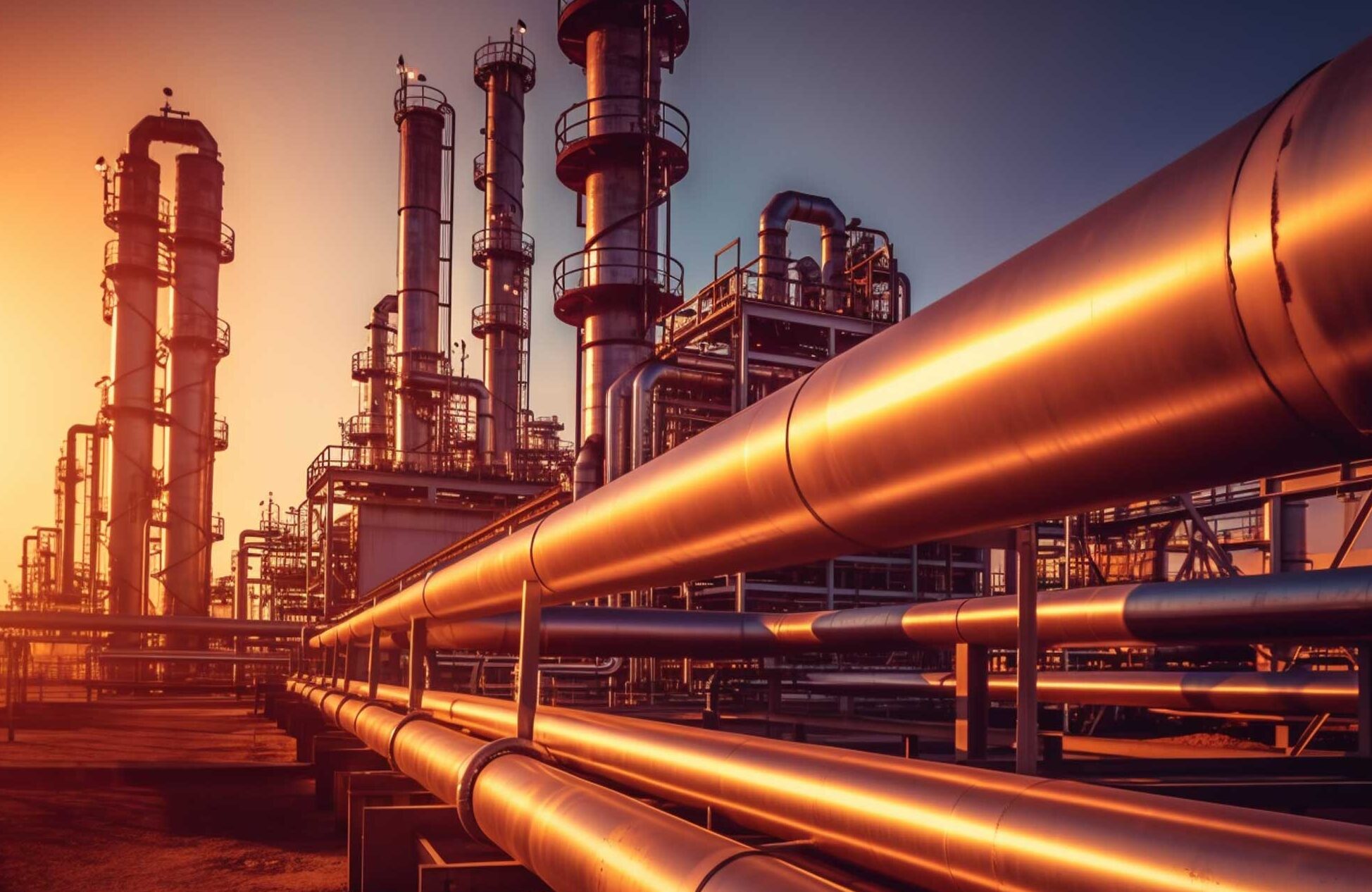The Conflict and Its Immediate Impact
The ongoing conflict between Russia and Ukraine has taken a new turn with Ukraine halting the transit of Russian gas through its pipeline network to Europe. This decision follows the expiration of a prewar transit agreement, marking a significant shift in the energy dynamics of the region. The halt in gas transit is expected to have immediate repercussions on several European countries, particularly those heavily reliant on Russian gas, such as Slovakia and Moldova.
Economic Implications
The cessation of Russian gas supplies via Ukraine is poised to impact the international economy in several ways. Firstly, it will likely lead to increased energy prices in Europe as countries scramble to find alternative sources. This could result in higher costs for businesses and consumers, potentially slowing economic growth. Additionally, the disruption in gas supplies may exacerbate existing supply chain issues, further straining global trade relations.
Beneficiaries of the Situation
While the conflict has created challenges for many, some countries and companies stand to benefit. Alternative gas suppliers, such as Norway and the United States, are likely to see increased demand for their resources. European countries that have diversified their energy sources, like Slovakia, which has struck new deals with Azerbaijan and the U.S., may also find themselves in a more favorable position.
New European Legislation on Decarbonization
In response to the conflict and the broader push for energy independence, European countries are accelerating their efforts towards decarbonization. New legislations are being introduced to promote renewable energy sources and reduce dependency on fossil fuels. These measures are aimed at not only mitigating the impact of the gas conflict but also addressing the urgent need to combat climate change.
Qatar has expressed strong opposition to the recent increase in taxes on their gas exports to Europe. The Qatari Energy Minister, Saad Sherida al-Kaabi, warned that Qatar might halt gas exports to the European Union if the bloc’s countries impose penalties under recently adopted legislation on sustainability due diligence. This directive, which allows for fines of up to 5 percent of a company’s annual global revenue for non-compliance with human rights and environmental standards, has been criticized by Qatar as unworkable and financially damaging.
Broader International Reactions
Other major gas-exporting countries, such as Norway and the United States, have also expressed concerns about the new European legislation. While they have not threatened to halt exports, they have called for a more balanced approach that considers the economic impact on their industries. These countries emphasize the need for fair and transparent regulations that do not disproportionately affect their economies.
Algeria, as the second-largest gas supplier to Europe, has seen an increase in demand for its gas exports as European countries seek alternatives to Russian gas. However, Algeria has expressed concerns about the potential economic impact of the new regulations and has called for a more equitable approach to energy policies. The country aims to balance its energy exports while addressing domestic needs and international commitments.
The Russian-Ukrainian gas conflicts have significant implications for the international economy, with potential benefits for alternative gas suppliers and challenges for countries heavily reliant on Russian gas. The new European legislation on decarbonization reflects a broader strategy to achieve energy independence and combat climate change. Qatar’s reaction highlights the geopolitical complexities and economic interests at play in the global energy market. Moving forward, a balanced approach and open dialogue will be essential to address these issues and ensure a stable energy supply.
The evolving dynamics of the global energy market affect us all. Stay informed about the latest developments and understand how they impact your community and the global economy. Share your thoughts and join the conversation on how we can achieve a sustainable and balanced energy future.
Follow our blog for more insights and updates on international relations, energy policies, and global economic trends. Subscribe now and be a part of the change!






